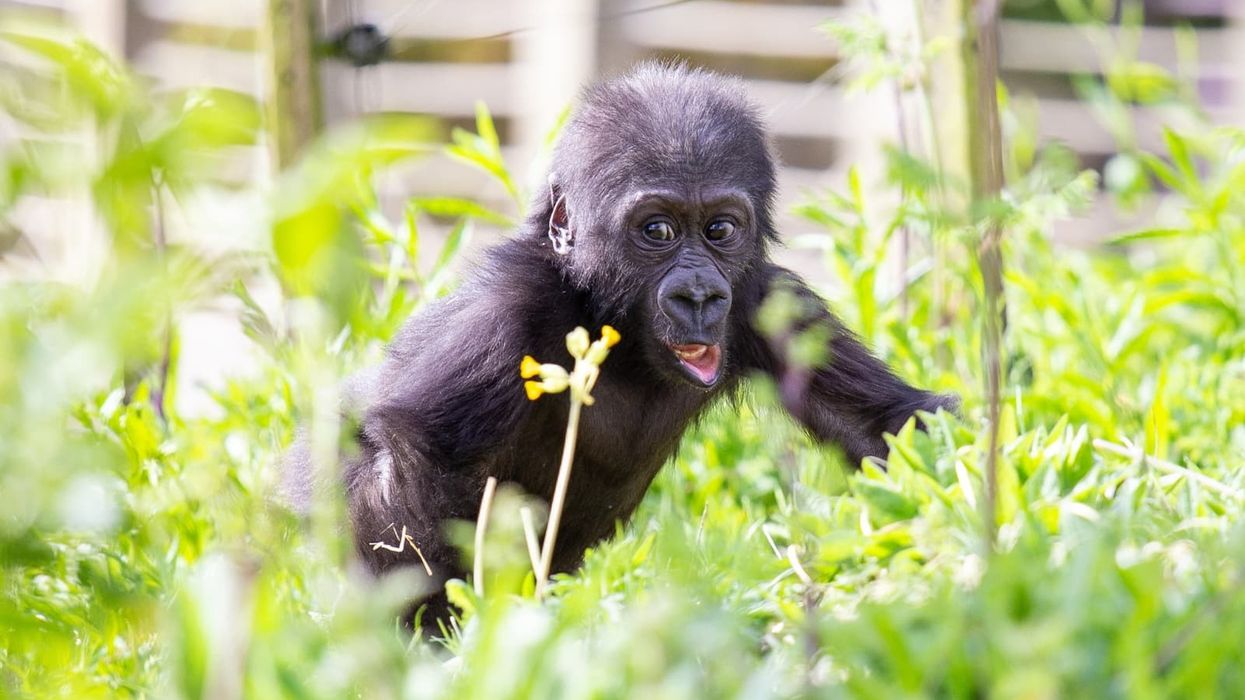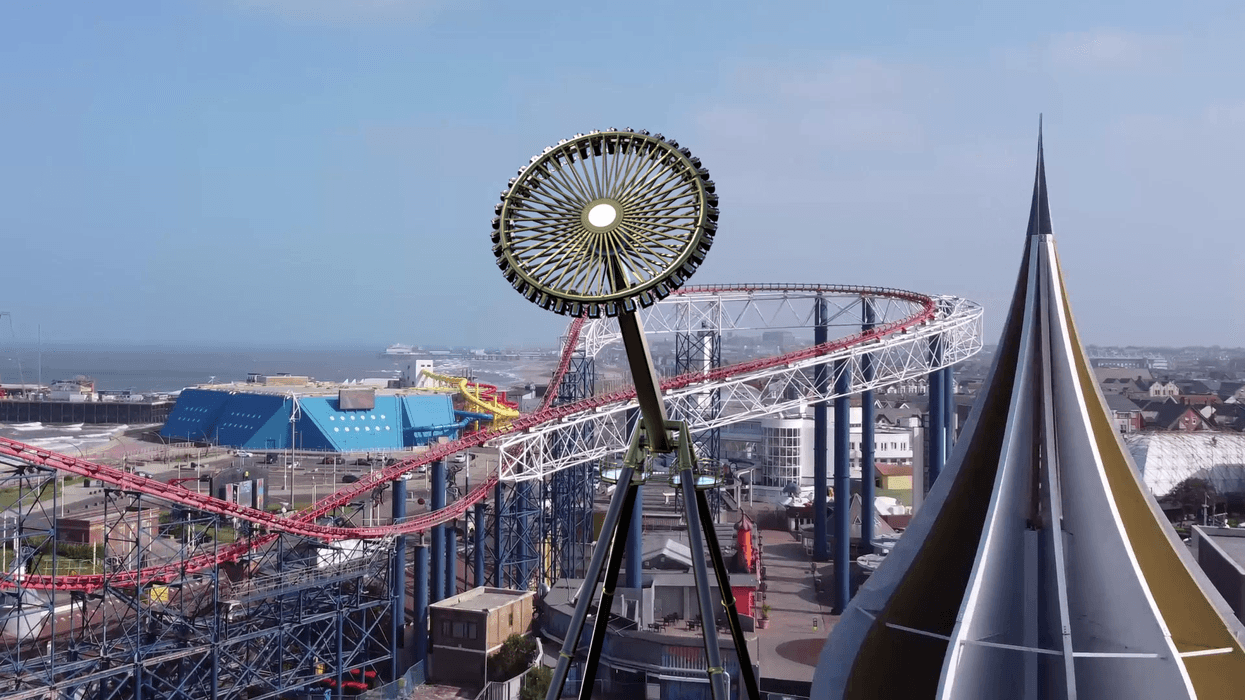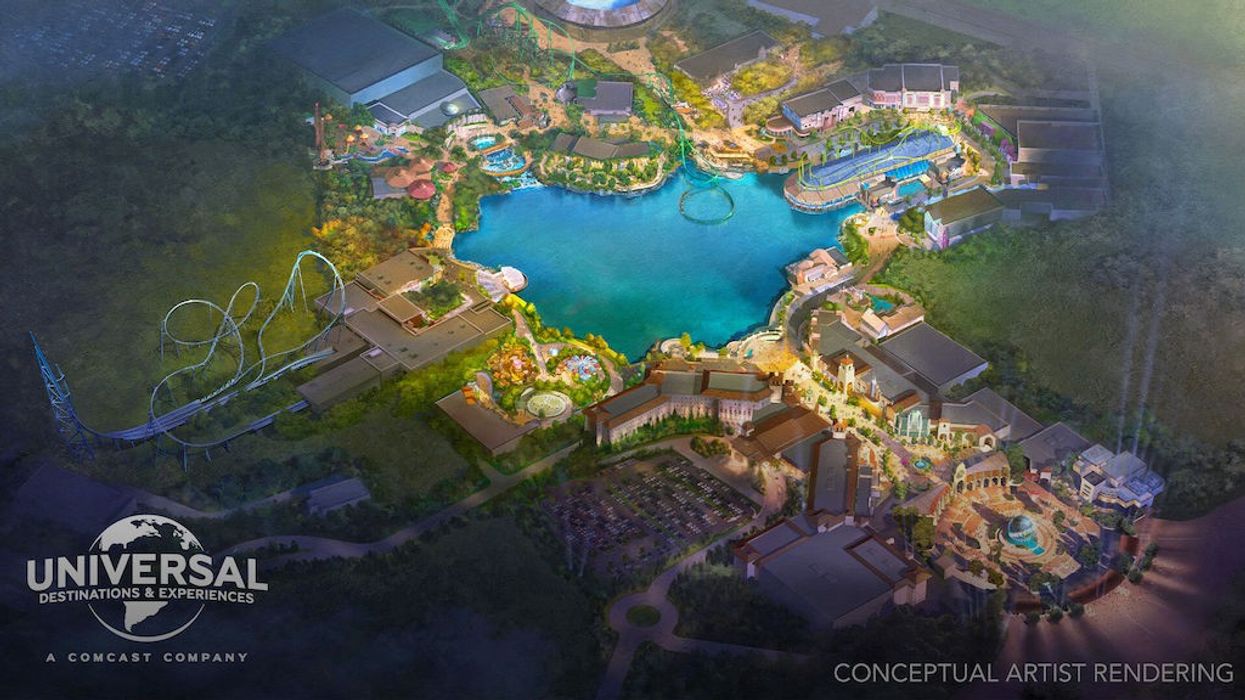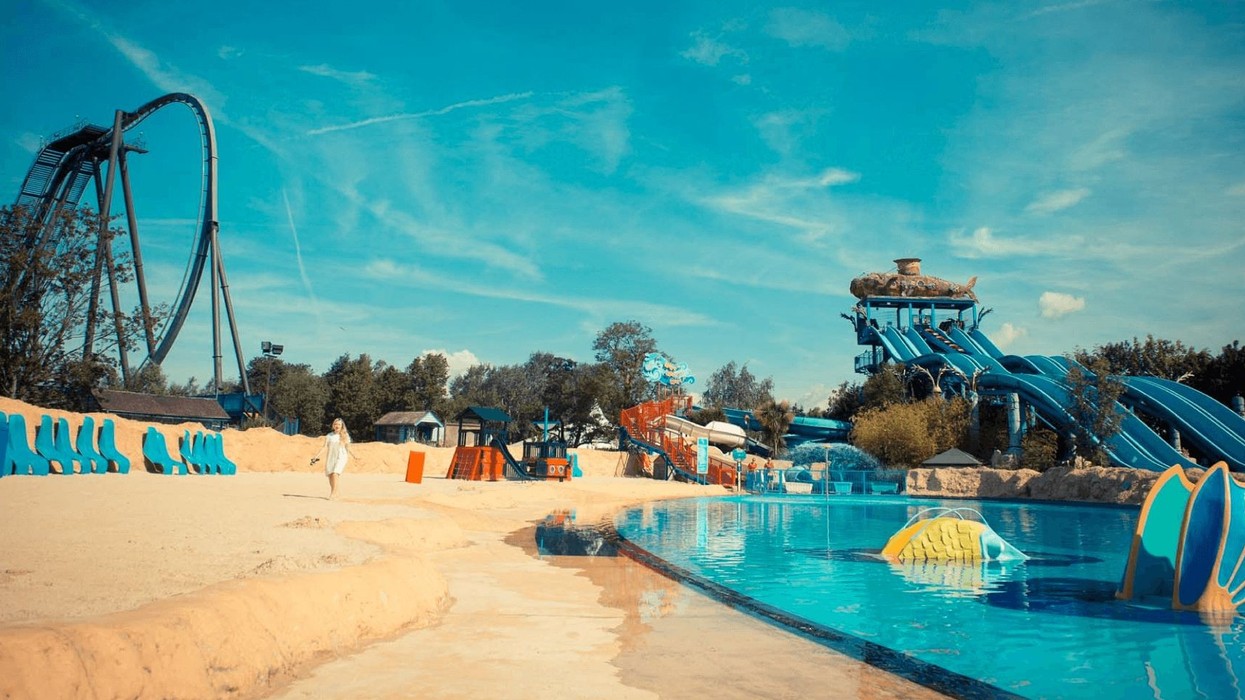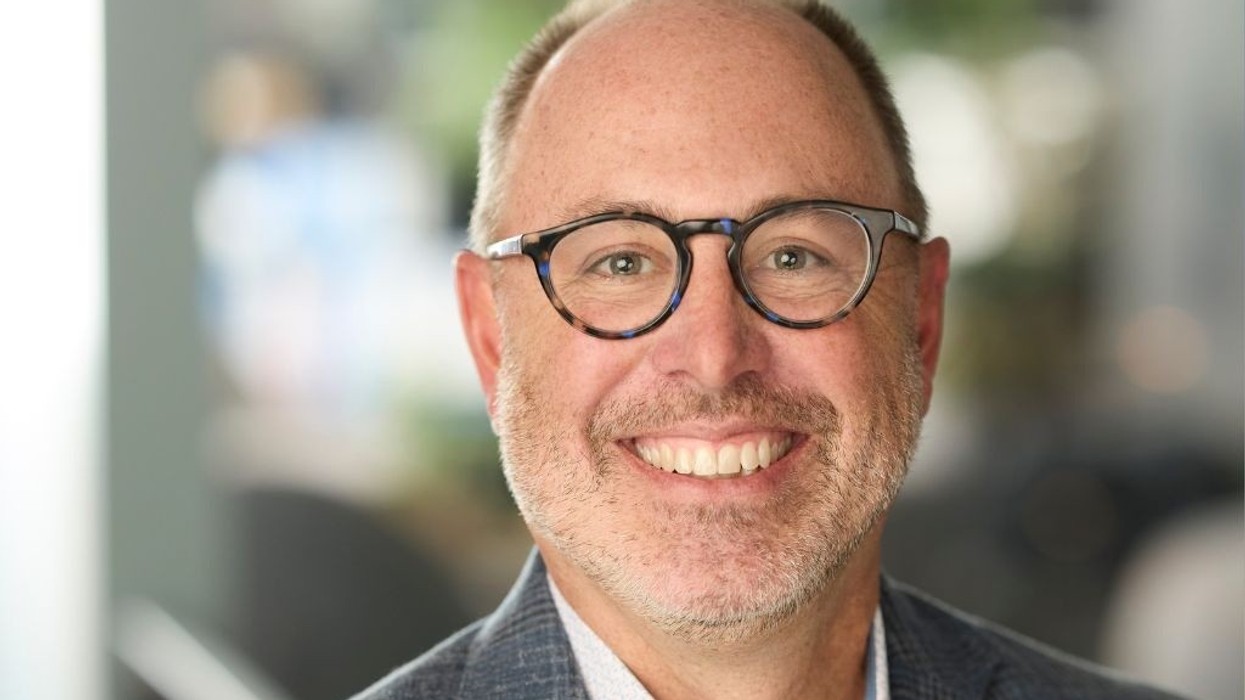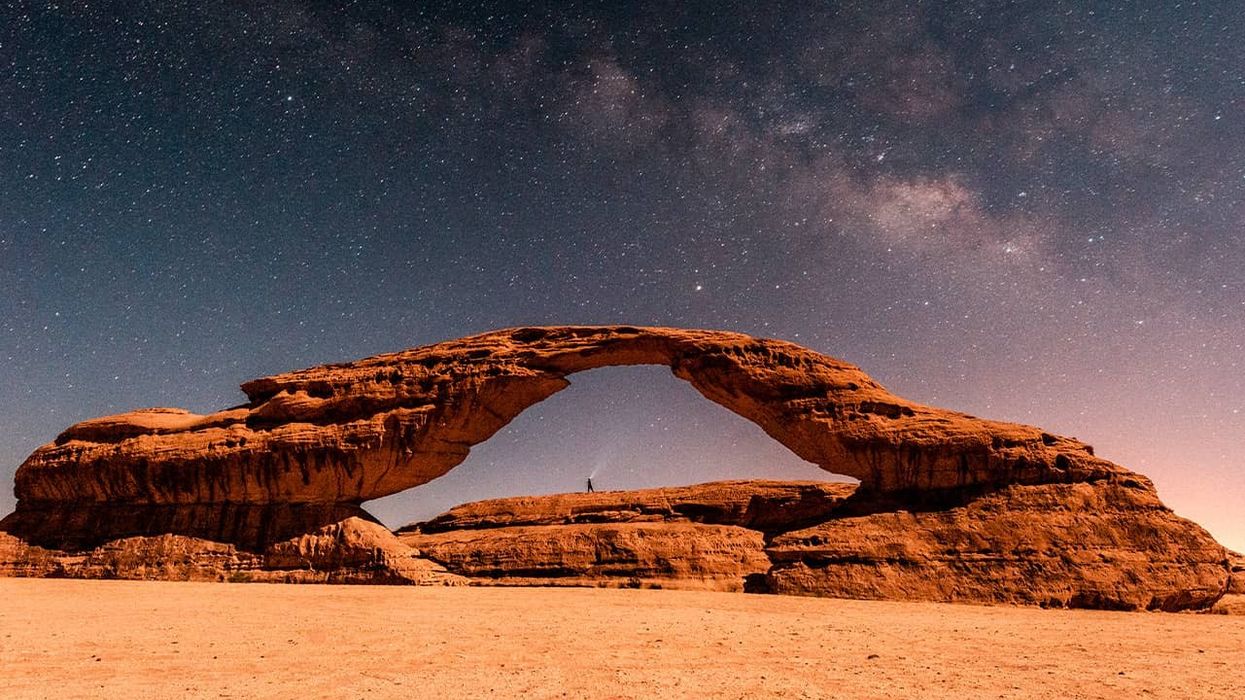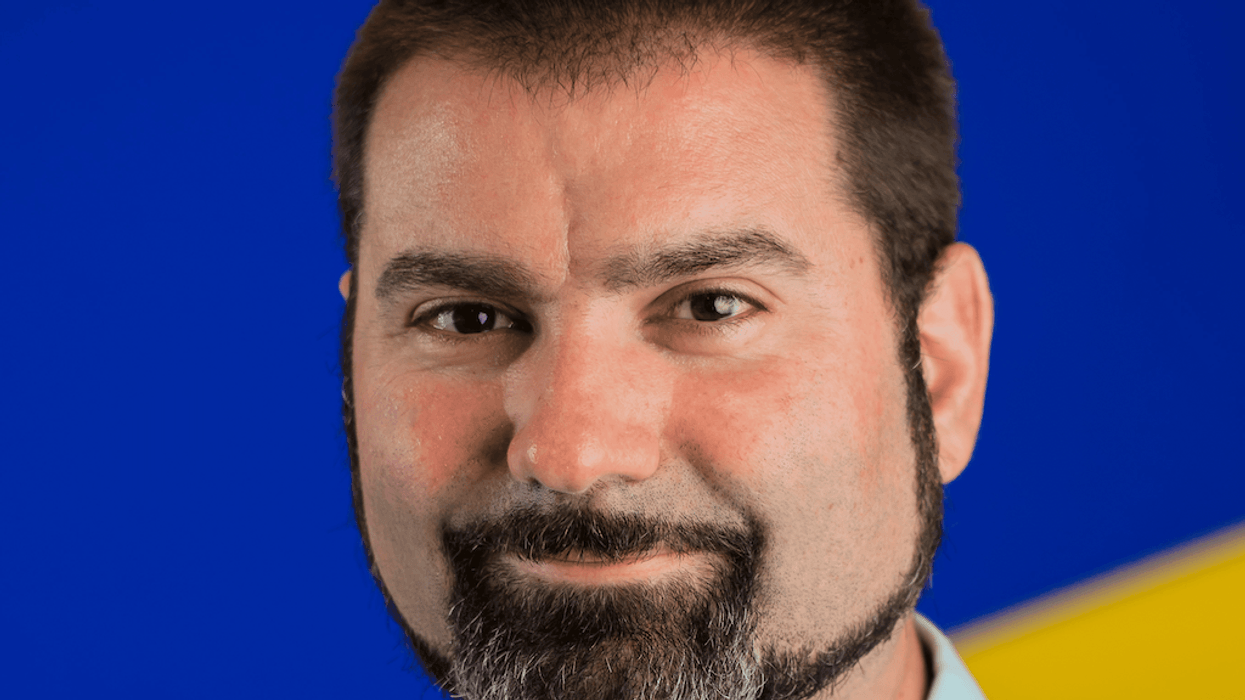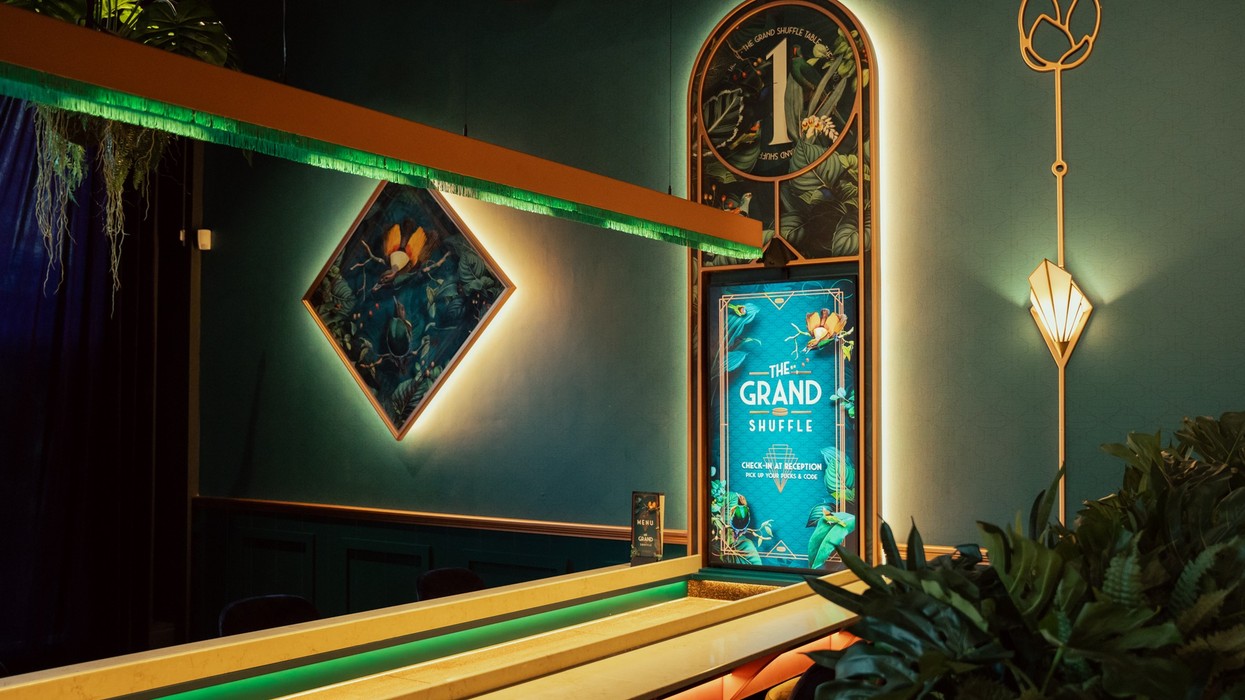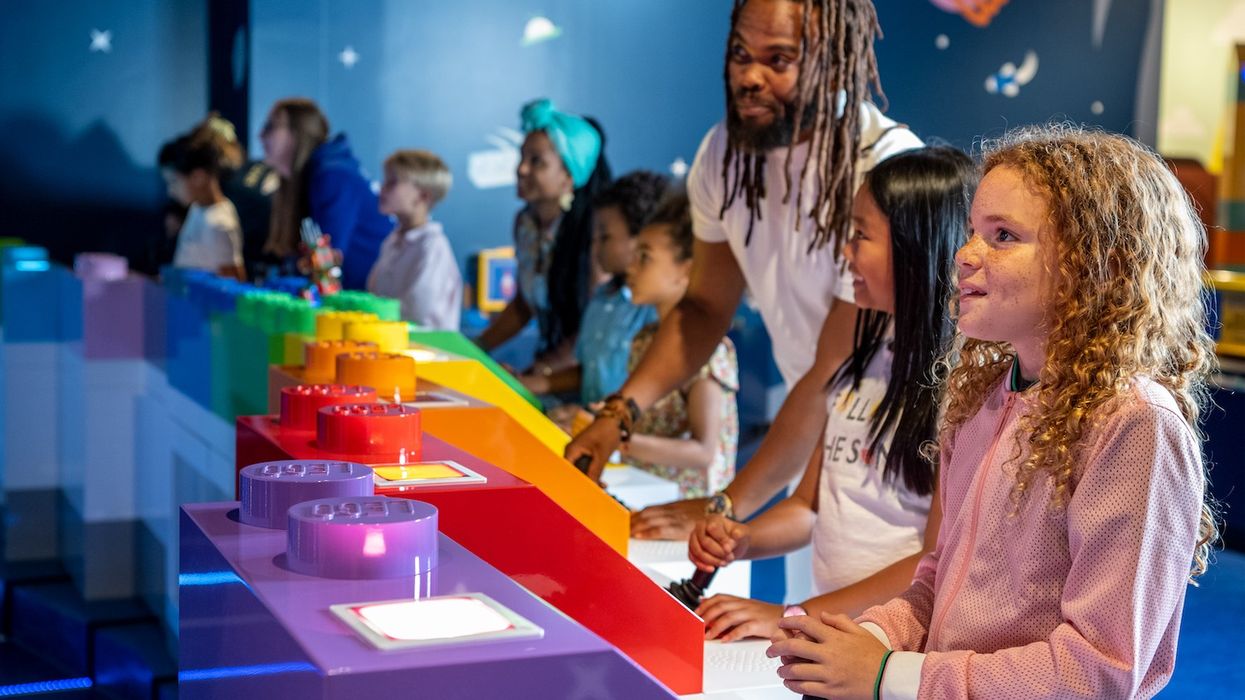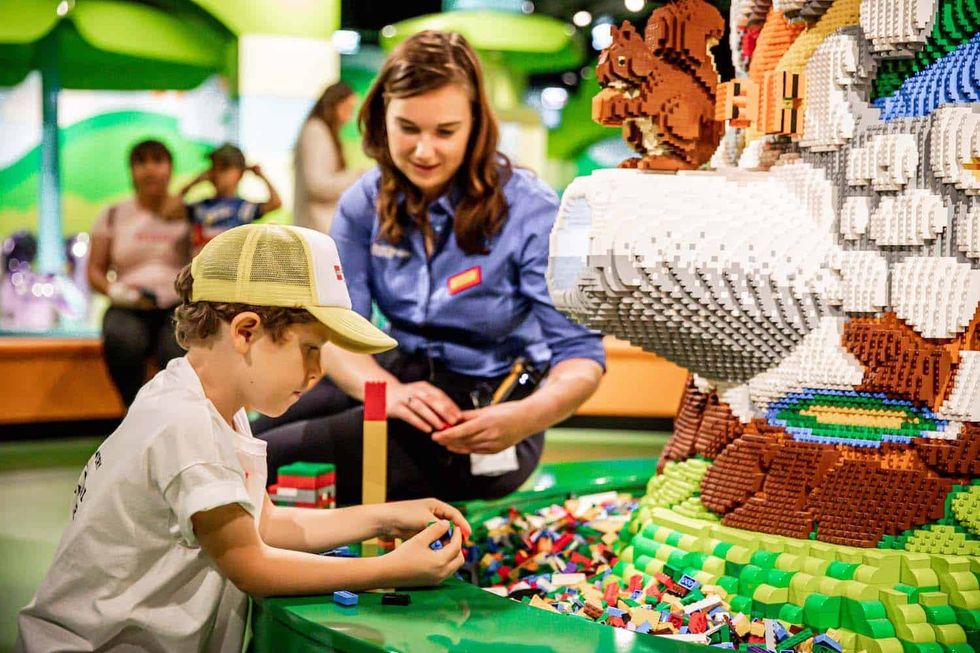Visitors stepping into an experience by The Lost Estate can expect to be whisked away in a whirl of music, fine food, and extraordinary theming. The immersive performance company has established a name for its richly detailed worlds, from a 1930s New York Speakeasy to Dickensian Christmas feasts.
Its latest show, Paradise Under The Stars, opened in London’s West Kensington in mid-March.
This Cuban spectacular forms a key part of the company's growth strategy, developed with the newly appointed non-executive director, former Merlin chief development officer Mark Fisher.
As a wholly independent, artist-run profit-making organisation, The Lost Estate has blossomed from its bootstrapped beginnings and now eyes US expansion. We speak to co-founder and executive producer Eddy Hackett about the company, its entrepreneurial origin story, and its ambitious future plans.
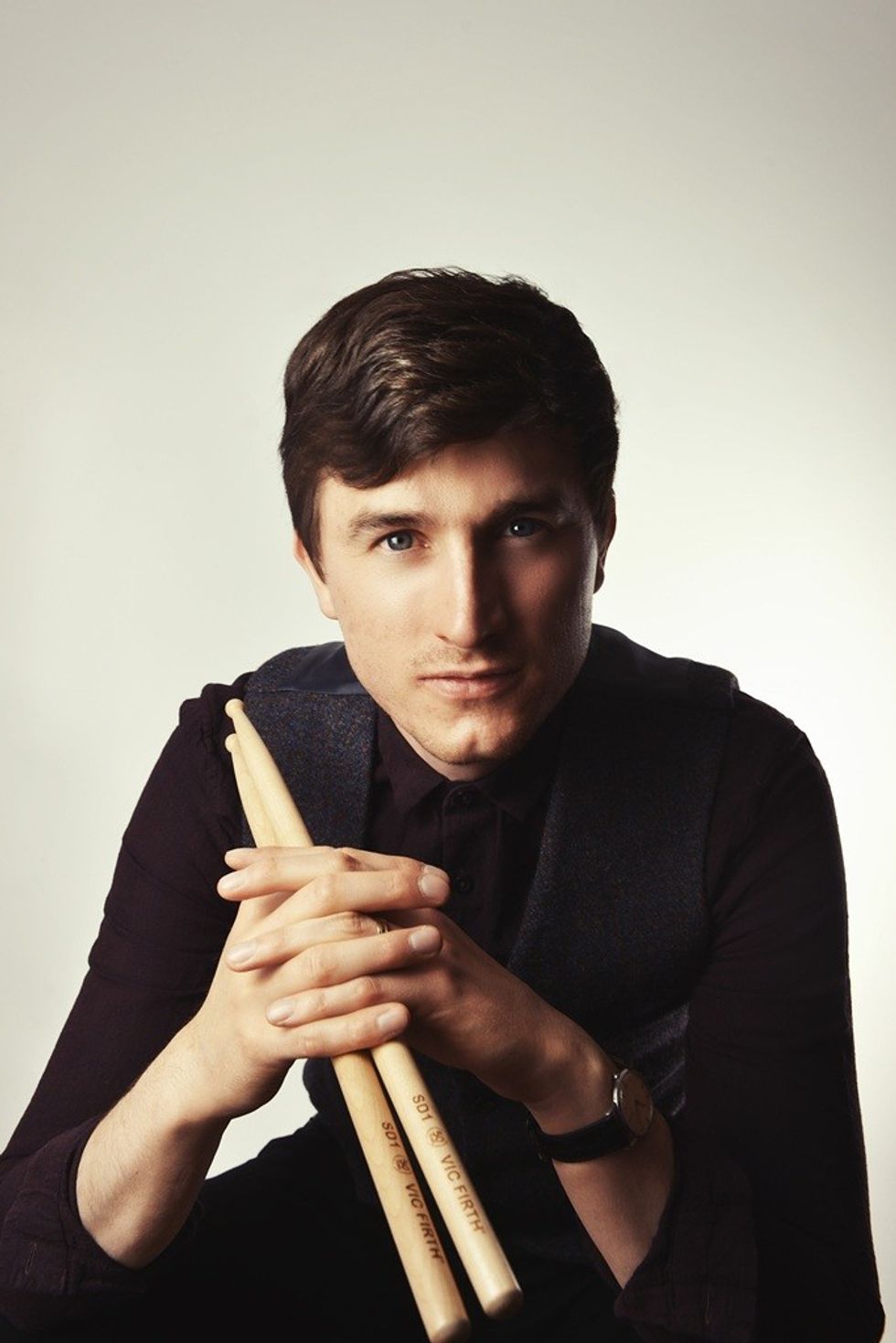
Creative, cohesive classical music events
The Lost Estate was founded in 2017 by Hackett, a classical percussionist, and fellow musicians Rowan Bell and William Kunhardt.
The three began working together in 2012 when Hackett became the principal percussionist in the orchestra run by Bell and Kunhardt. At this time, Hackett was also serving as chair of the Young Patrons Committee at English National Opera, advising on enhancing engagement for under-30 audiences.
“This covered its presentations, its commercial offer,” he says. “I became interested in the management, the behind-the-scenes stuff.
“So, as we were working together in the orchestra, we started having more and more conversations about strategy and creative direction. I became a director of the orchestra in 2015, and at that point, we could see the emergence of immersive experiences like Punchdrunk, Secret Cinema, and Gingerline.
“We couldn't see anyone applying the same logic of immersive performance practice to classical music. So that was one of the first inspirations for The Lost Estate."
“The second inspiration was the fragmented nature of the audience experience on a typical night out. If you go to the West End, you leave work at six, you often don't have time to eat, and the theatre seats are often cramped. There’s not always a great view. The bar at half-time is full and expensive. It's very fragmented.
“We were interested in this both from an audience experience perspective, but also from a commercial perspective. How do you bring it all together?”
Independent & profitable
The Lost Estate’s first performance took place in 2018. Since then, it has served more than 200,000 guests and is one of the UK’s fastest-growing arts and entertainment companies.
“We bootstrapped the entire business,” says Hackett. “We started with a couple of thousand pounds, and it was simply learning by doing.
“Will and Rowan had some experience in creating websites and the very early days of social media marketing, paid social marketing, and I had experience in operations. We did everything together. In the early days, our office, if you want to call it an office, was a table at Le Pain Quotidien in London Bridge. It was a good place for us to all meet, and we could charge our laptops, we could have a coffee, we could do some work.
“And we took that small bit of investment that we had in the beginning, that few thousand pounds, and put it into paid social ads. The revenue that we generated from ticket sales, we just ploughed back into the business. And that cycle just grew and grew and grew."
“We stand here today, in 2025, and it's a profitable company and fully independent. We are in the process now of looking at taking some equity investment. We're exploring those conversations now in order to get to the next stage of development.”
Considered expansion for The Lost Estate
The Lost Estate recently appointed industry veteran Mark ‘Fish’ Fisher as a non-executive director to drive expansion into new markets.
“We're so delighted to work with Fish. He's got this incredible pedigree in the industry. It's a real privilege for us to work with him in this regard,” says Hackett.
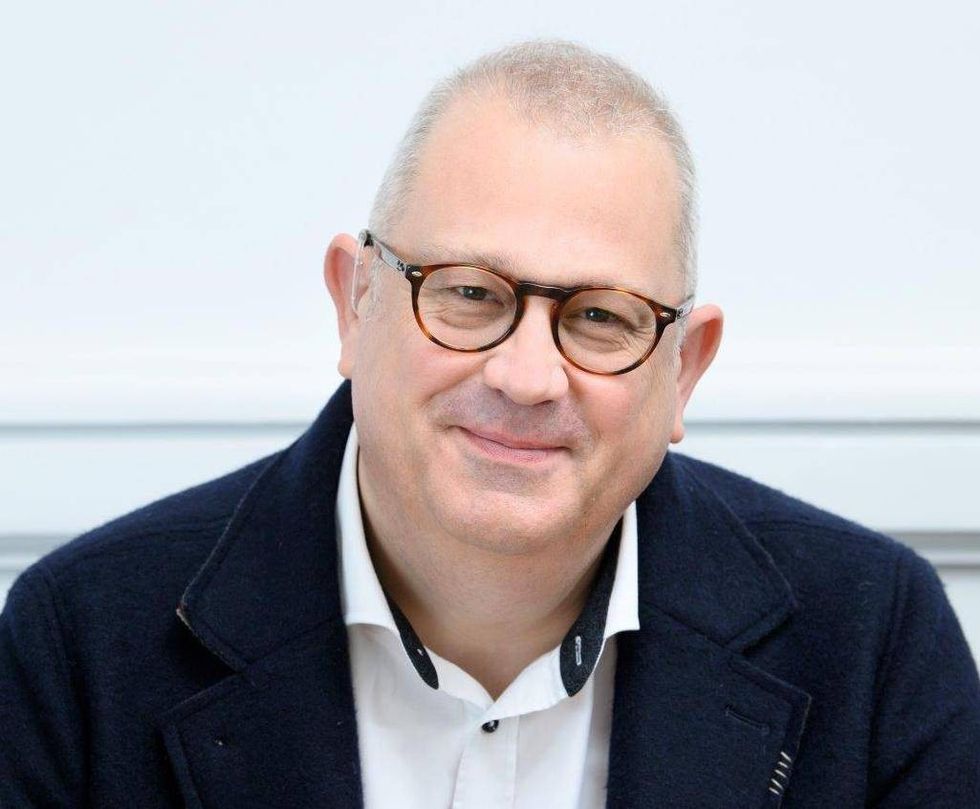
The company employs several former Merlin staff, and its finance director, Rachael Brealey, introduced Fisher to the team.
“We got on like a house on fire immediately. We were in the process of building our second venue, and I was heavily involved. When I first met Fish, I had a hard hat on, high vis, steel-toe cap boots, and I was packing a skip full of rubbish. So, I think when Fish saw me, there were parallels between how he and Nick Varney came through the business in the early days.
“I think he quite liked to see three entrepreneurs that were getting hands-on."
Fisher brings vast experience in growth strategy and imparts a “kind of sureness, and I think in many ways, the steadiness of the growth journey,” says Hackett.
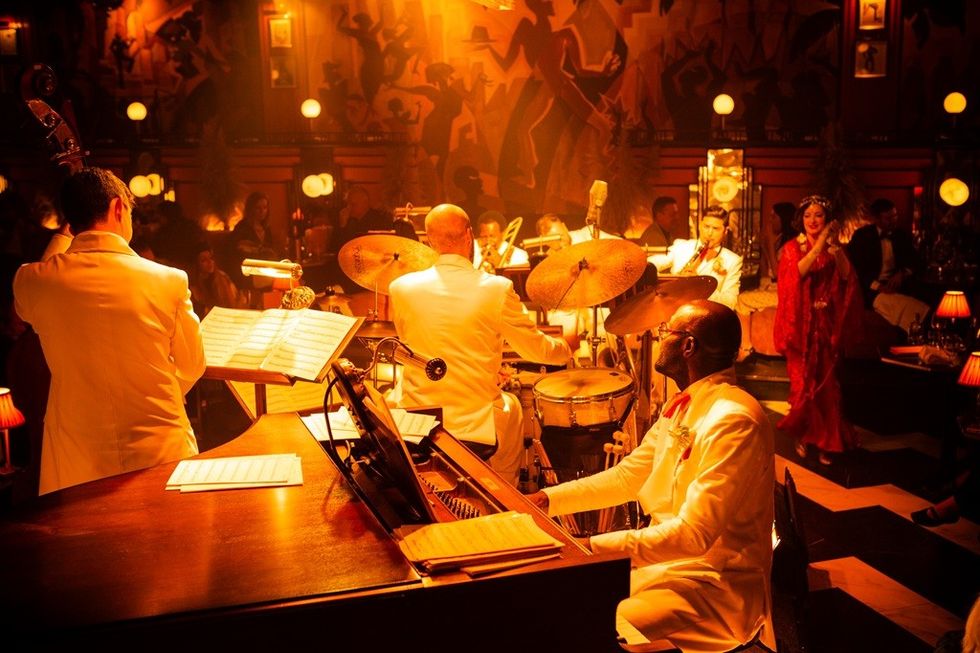
“Before he came on, we were slightly over-ambitious about what we could achieve given our resources. One of the first things he said was to take a three-year growth journey, spread it over five years, and try and make sure that every time you layer on new activity, it's well thought out and planned out from an operational perspective.”
58th Street
The Lost Estate is currently running two shows: a 1930s New York jazz club, 58th Street, on show at the Peckham venue, and a Cuban extravaganza titled Paradise Under The Stars, showing at the location in West Kensington.
“58th Street is inspired by this really interesting woman called Belle Livingston. She was a real-life speakeasy entrepreneur who lived in London and Paris. But critically, she lived in New York at the end of the 1920s and early 1930s. She had this series of very successful speakeasies that culminated in one called the 58th Street Country Club.
“She’s an incredible woman. She wrote three autobiographies. They’re all out of print now, but we came across one called Belle Out of Order. And it had this chapter about the opening night of the 58th Street Country Club, which was wild. She talked about the people there, like the police commissioner of New York, Al Capone, the Prince of Wales. It was the great and good of New York."
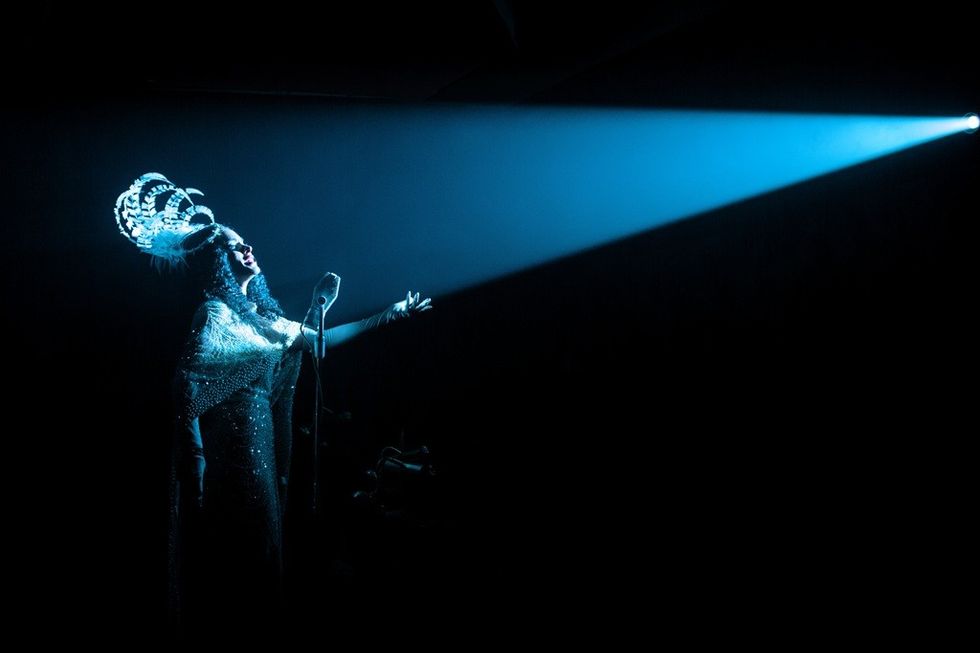
“The production has an incredible six-piece jazz band, the best jazz band in London, and amazing singers. It's got a cabaret host, it's got a burlesque dancer, and it's got a six-course menu across the whole evening. You step across the threshold, and you feel transported to this amazing, opulent club in the 1930s."
Paradise Under The Stars at The Lost Estate
“Paradise Under The Stars is our 1950s Cuban cabaret production. And that is inspired by a club called The Tropicana Club, a real-life club. You see a common theme here with The Lost Estate, where we're inspired by things that have happened.
“It's this night of Cuban music, dancing, and culture, and a lot of the folkloric culture meets glitzy, glamorous Tropicana. We've worked with these incredible Cuban artists, choreographers and musicians. They taught us not only about the Afro-Cuban culture, but also about Cuba's commercial culture."
“The Tropicana Club is a big tourist destination. Particularly in the 50s, it was this glamorous, exotic tourist destination. American tourists would come over to Havana and go to this incredible club full of dining, mixology, dance, and music.
“And it was a genuine spectacular that had these nightly reviews. So, we've created a review called the Heart of Cuba, and it's a journey of Cuba through the ages. It goes to the origin stories of folkloric Cuba, through to the revolution, touching upon its connection with Broadway, and then finishing up with this incredible carnival where everyone gets up and congas around the room together. It's a real blast.”
Depth of immersion
The Lost Estate’s creative focus ensures a visitor offer that attracts countless five-star reviews and renowned collaborators such as Obi Ugolala (George Washington, Hamilton) and chefs like Neil Rankin.
“The key focus for us when we're thinking about the guest experience is time travel, total immersion and the complete audience experience, says Hackett.
“Creative and commercial sit hand in glove. Because, when looking at that complete audience experience, you're wrapping up the whole spend that an audience would do across a typical West End night, like hospitality and ticketing.
“And then we go to extreme lengths to make sure that when you cross the threshold of one of our experiences, you feel like you've been transported to another time and place and that you're really immersed in the concept. Everything from the food, which is heavily researched, to the physical, printed graphic design, ties the world together. And obviously, the physical world."
“Then there’s the really simple things, like the training that we give to our guest experience staff. For example, in Paradise Under The Stars, a Spanish greeting that waiters can say gives you that sense of immersion. I don't think there's anyone else doing it to that level. We're really proud of it.”
US expansion for The Lost Estate
The initial five-year growth strategy, developed with Fisher, is now underway.
“In the five-year growth journey we've alighted on together, 2025 and 2026 are about solidifying the core existing products,” says Hackett. “In 2025, our Peckham venue, showing 58th Street, will have had its first full year of operation, and we want that to be the best product it can be. At West Kensington, there’s a new product, Paradise Under The Stars.
“Then, we will do our first experience outside London in 2026. We're looking at one of the big UK markets, Manchester or Birmingham. We will launch our Christmas production, The Great Christmas Feast. This is going into its eighth year and is a beloved Charles Dickens Christmas Carol experience.
“The remaining three years on that five-year growth journey will further cement the UK market by doing pop-ups and eventually taking that into permanent concepts.
“And then we will start looking at the first engagement of the US market. We're interested in markets like Chicago, Austin, and Pittsburgh. And in a similar strategy, we will start with The Great Christmas Feast as pop-ups, followed by a 58th Street pop-up."

“By the end of the five-year growth plan, you've got the UK market fully activated, and then you've got the US market primed for its first permanent sites. Probably, we'll look to do a further equity raise at the end of that plan. Then, we will look to scale much bigger into the States in the following five-year plan.”
Extraordinary escapism
Looking at the sector more widely, Hackett shares his insights into the key trends.
“I feel like most operators right now are trying to still understand the commercial landscape post-COVID. There was this explosion of activity in 2023. In 2024/25, I think the cost of living crisis and the uncertainty happening globally at the moment is settled in.
“The trend that I can see coming out from all of that is one that surrounds escapism, which I think is a global concept."
“I think that for all of us, life is quite complex, noisy, and challenging. And while there are lots of global challenges, there are also challenges at home that we're facing. We hear about those daily through social media and the news.
“People are looking for these extraordinary, joyous, transported experiences that allow that sense of true escapism. So that's a big theme. And then you also take the idea of wrapping up the full audience experience within that escapism product.
“It's immersion, it's time travel, it's escapism, and then it's complete audience experience.
“That, I think, is going to be more and more what people are looking for. Especially as you can see this trend where people are probably going out slightly less often than they used to but spending slightly more money doing it. So, the specialness and the special occasion nature of that will feed into that offer.”


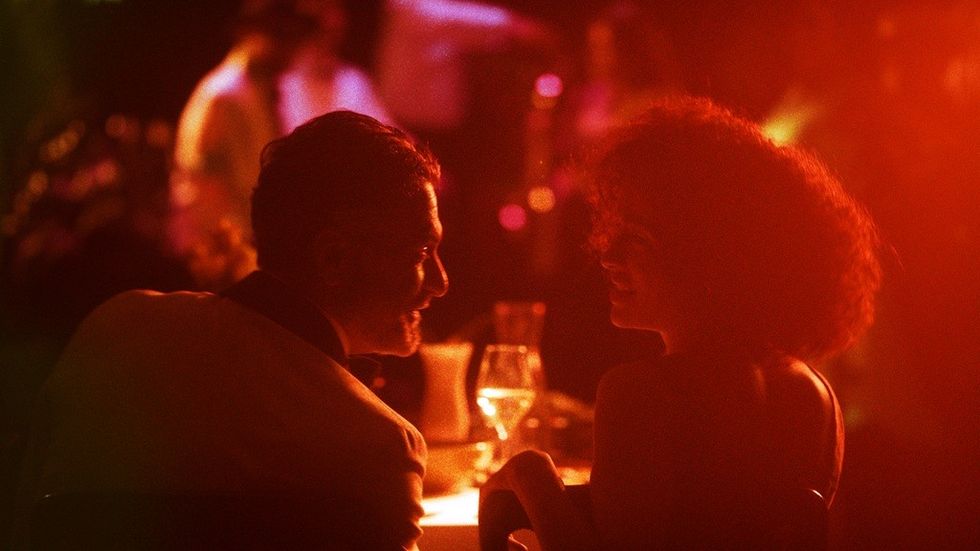
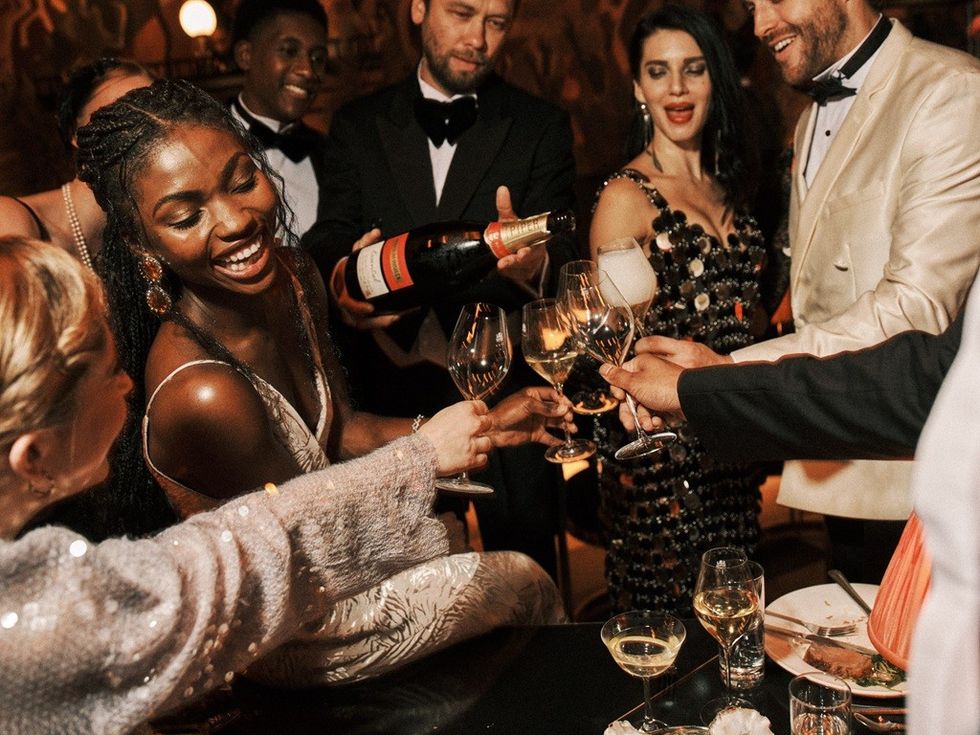
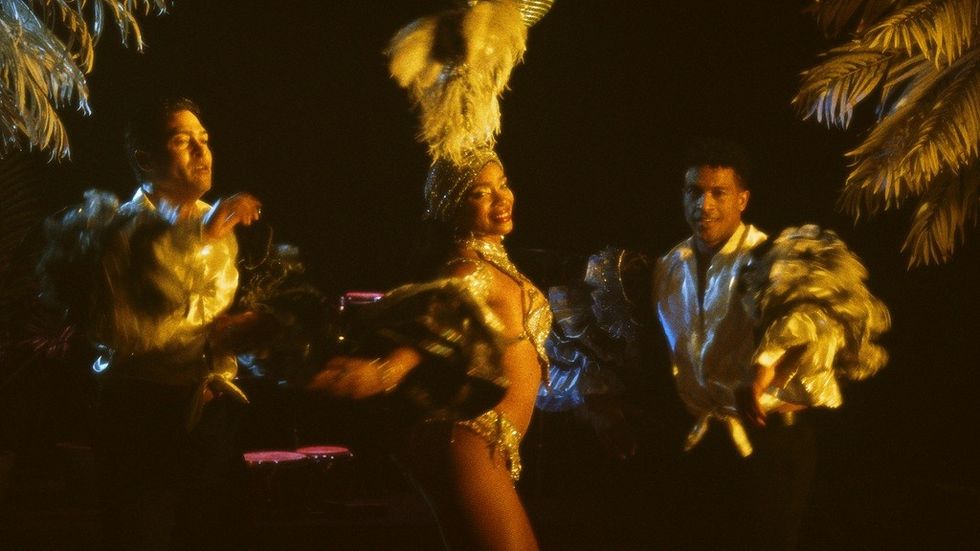
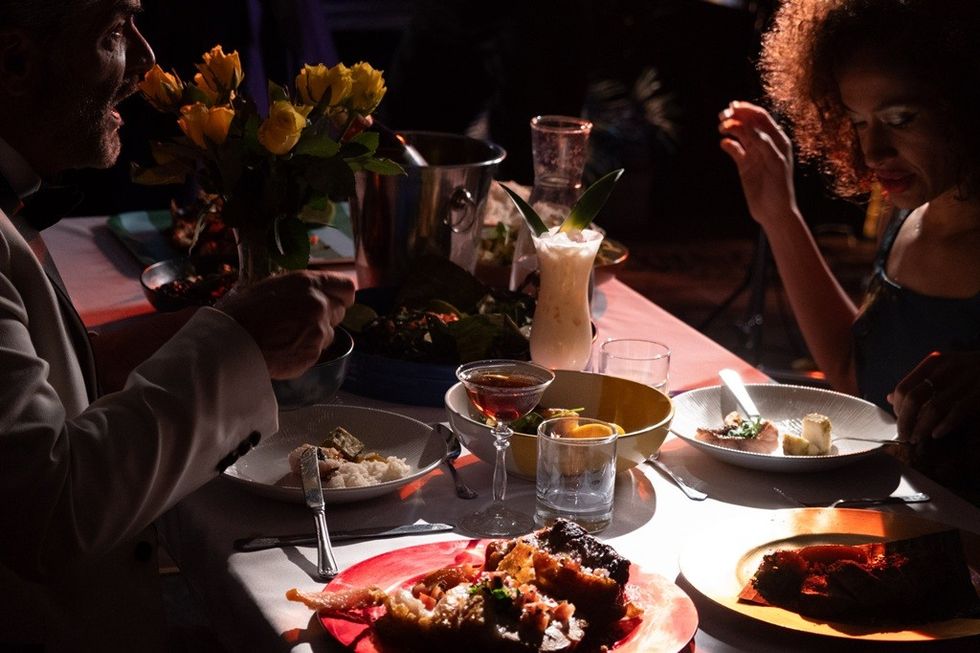
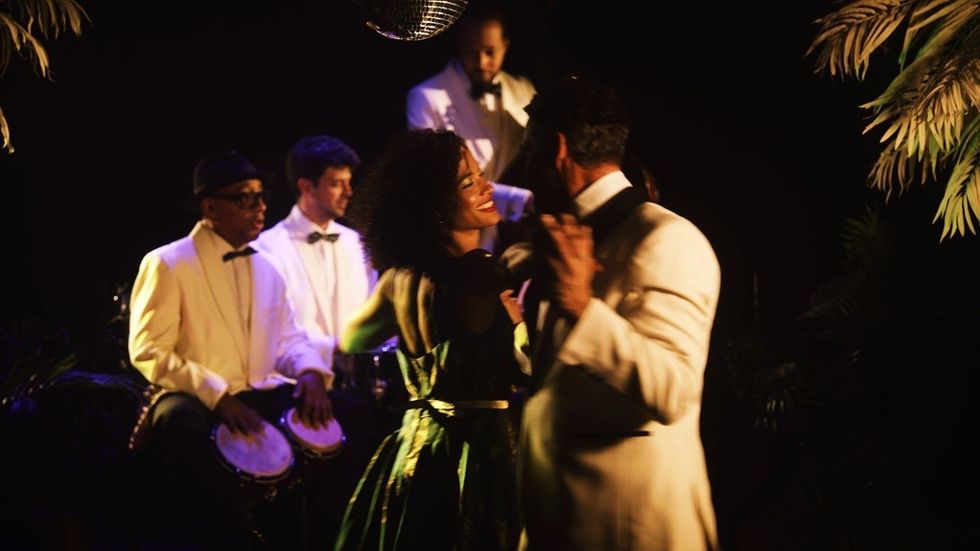
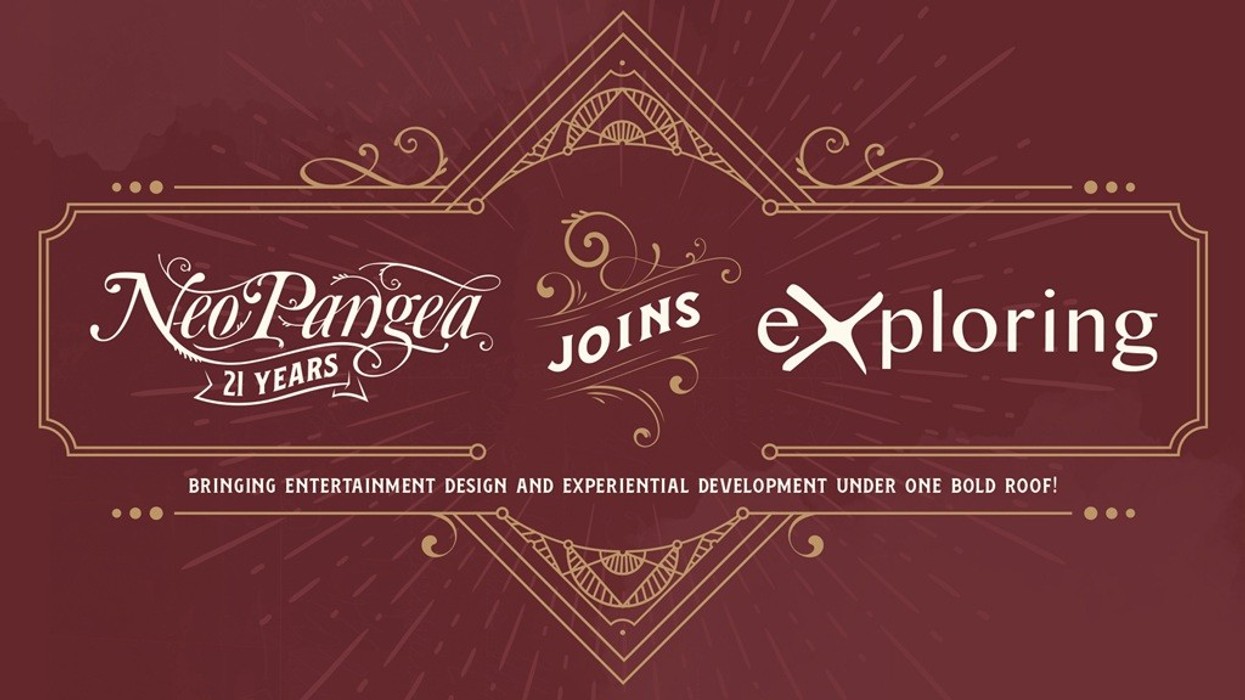

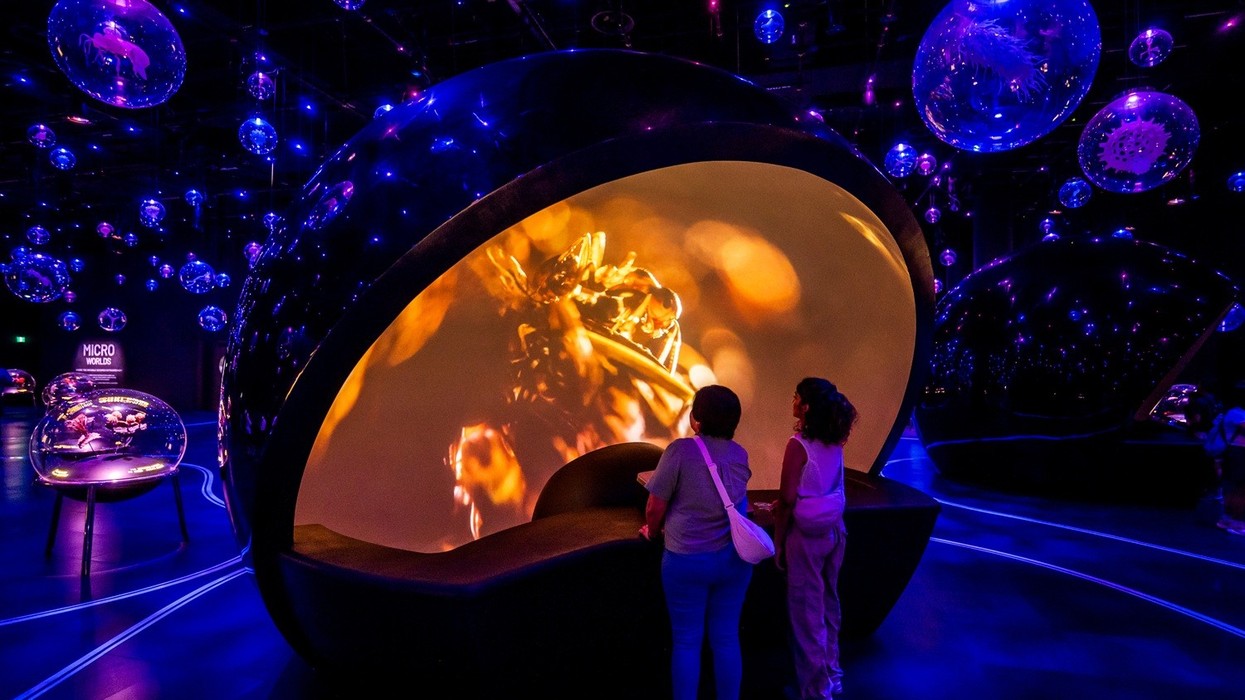
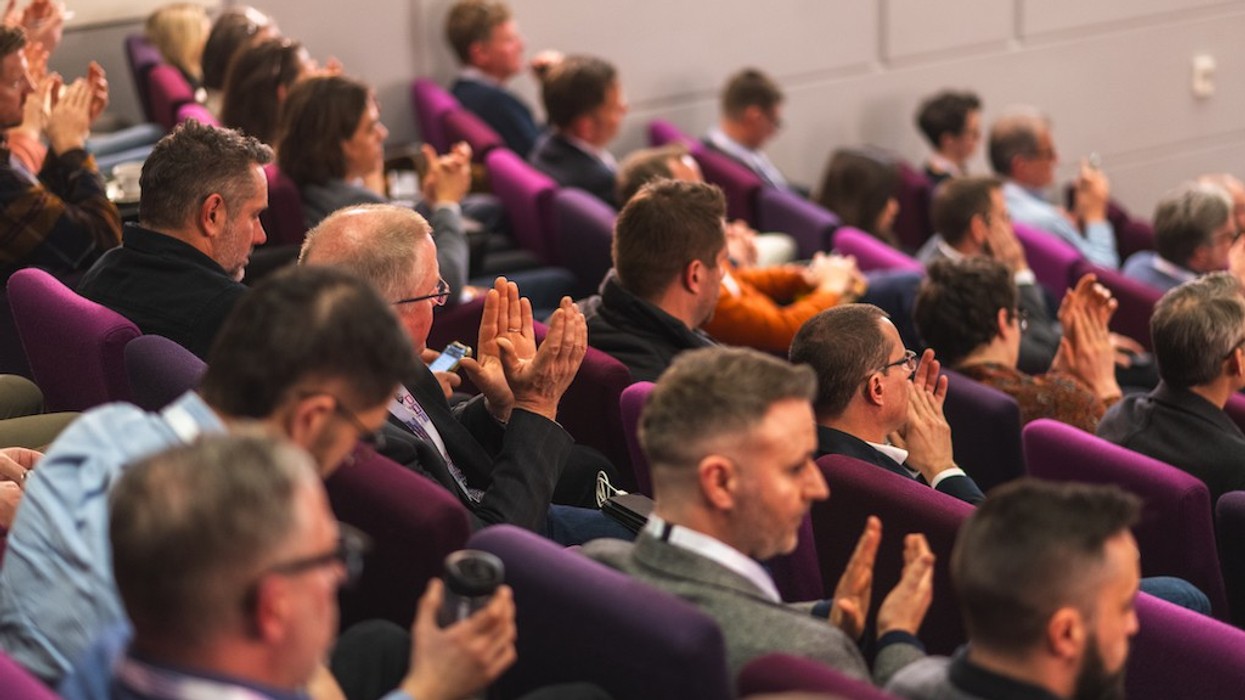
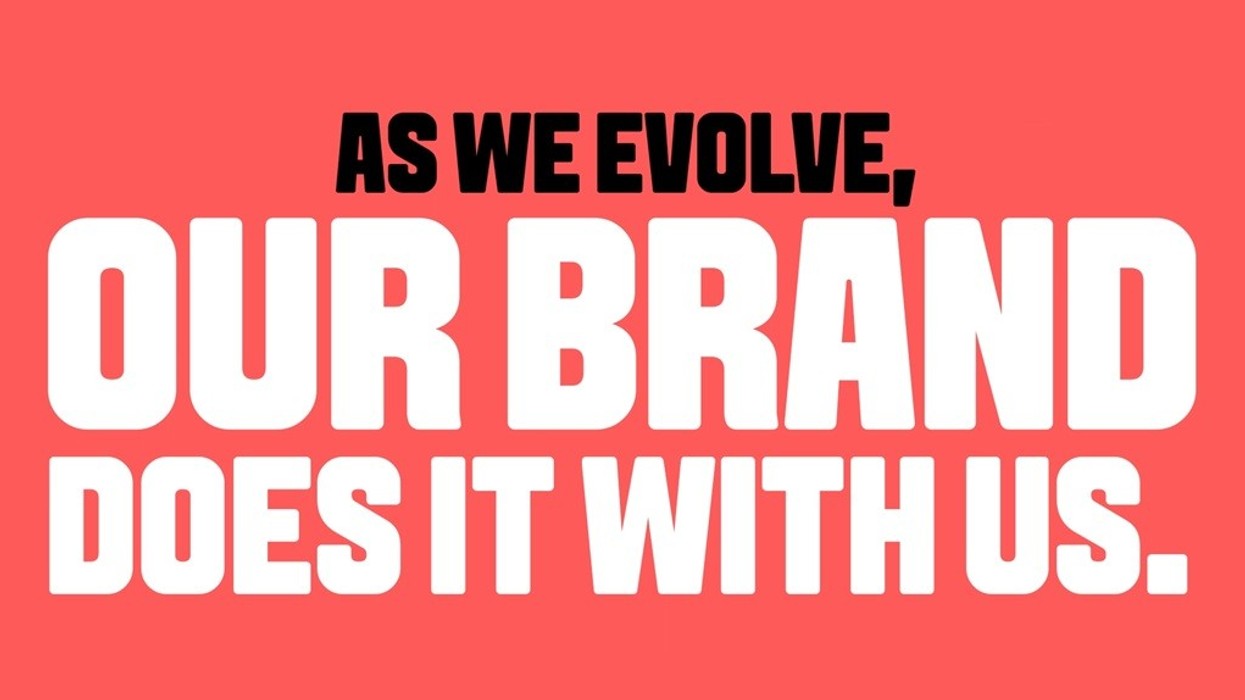
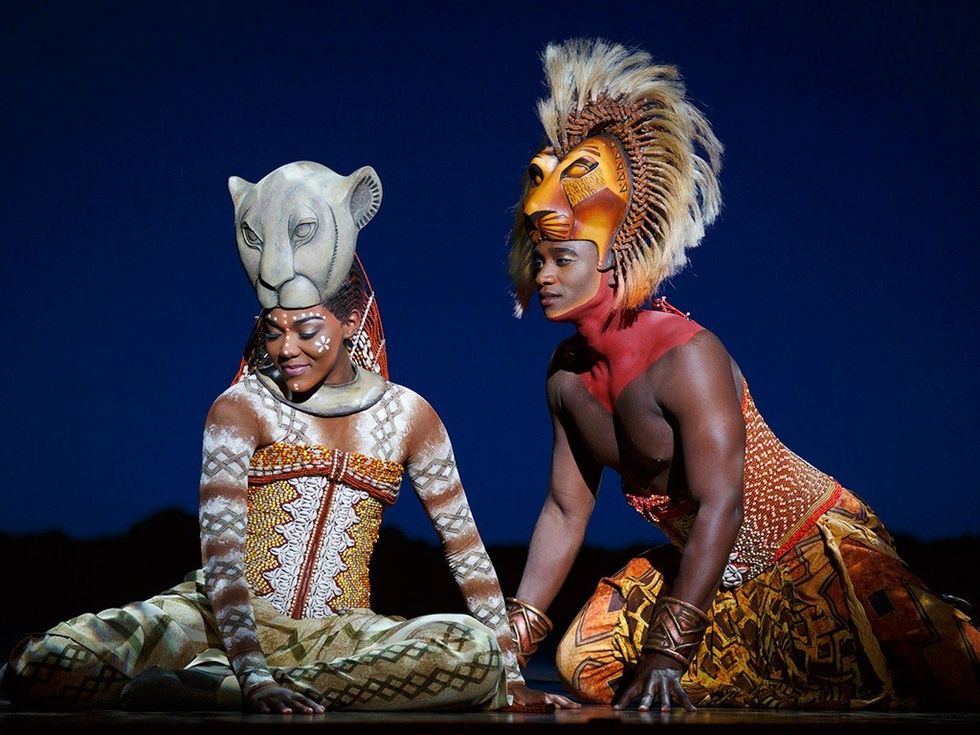 Nala and Simba - THE LION KING Abu Dhabi - Photo by Joan Marcus © Disney
Nala and Simba - THE LION KING Abu Dhabi - Photo by Joan Marcus © Disney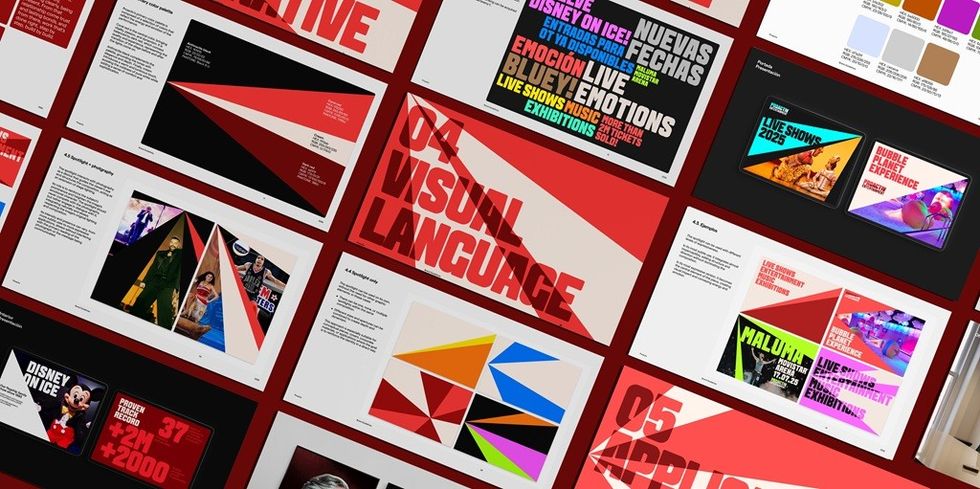
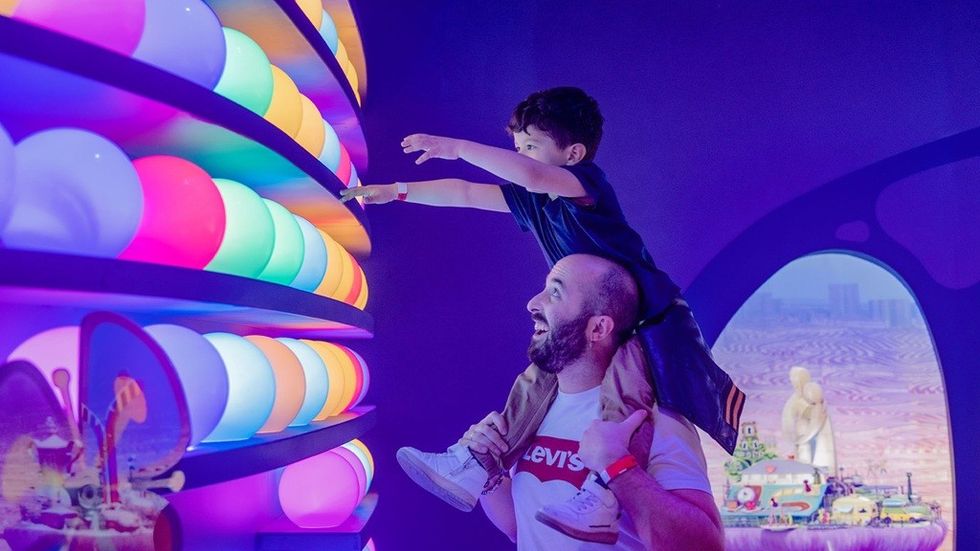 Mundo Pixar
Mundo Pixar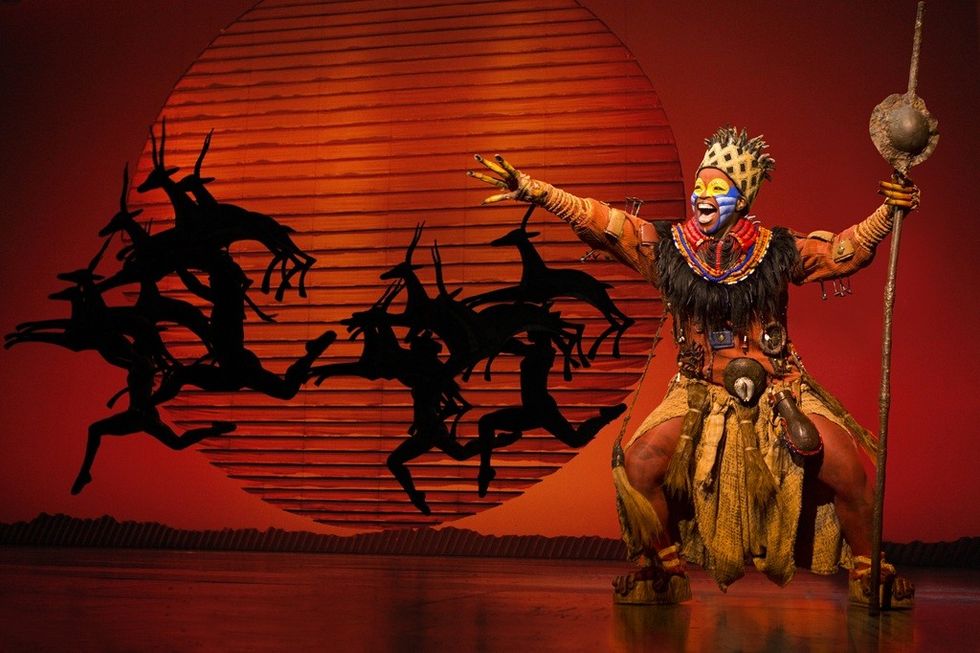 Mukelisiwe Goba as Rafiki and the North American Tour Company - THE LION KING Abu Dhabi - Photo by Joan Marcus © Disney
Mukelisiwe Goba as Rafiki and the North American Tour Company - THE LION KING Abu Dhabi - Photo by Joan Marcus © Disney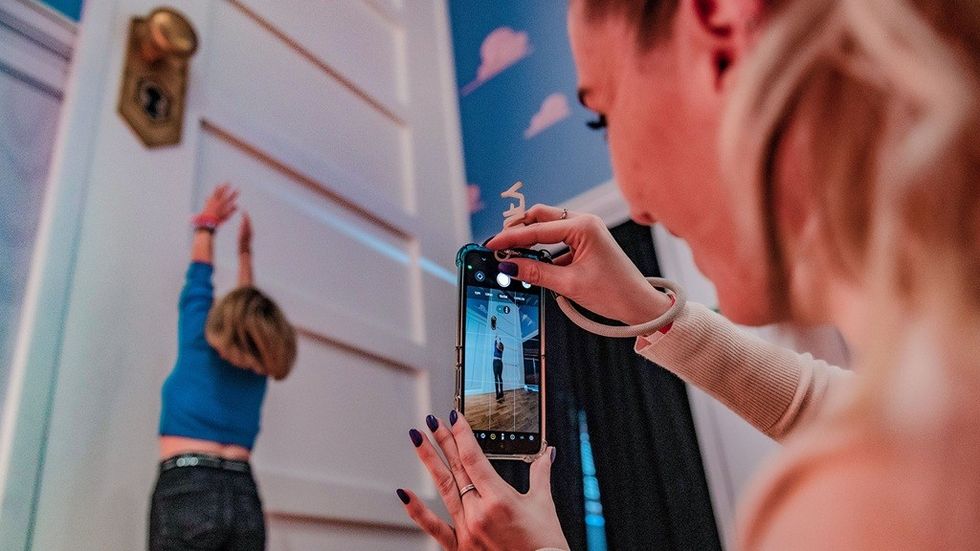 Mundo Pixar
Mundo Pixar